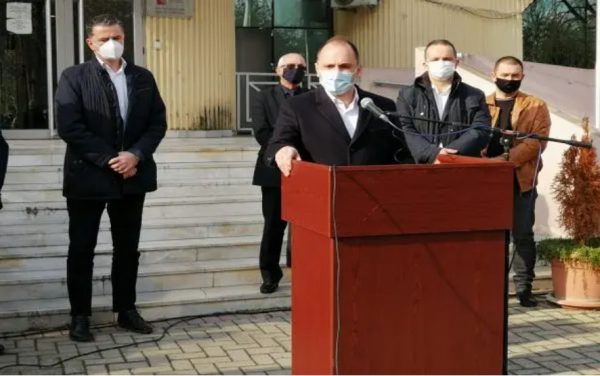Changes to the law on medicines are done as a result of a global request submitted by the company Pfizer, regarding the COVID-19 vaccine. They don’t have an obligation to sign deals with local companies, but instead should apply as a foreign enterprise directly to competent institutions in order to register their product in each country, Health Minister Venko Filipche said on Friday.
This, Filipche added, doesn’ t present an obstacle for the import of the vaccine in North Macedonia, as discussed with Pfizer representatives, because the country has already established emergency import mechanisms.
“Registration is impossible due to the novelty of the product, nor is it needed, because emergency import documents suffice. These documents provide information on the vaccine making process, controls performed in the countries of origin, as well as international labs, quality certificates, etc.,” Filipche underlined.
The Minister noted that the vaccines are being evaluated, with priority being put on ensuring their quality.
“We are convinced vaccines are safe. Some of them have applied for approval from international regulators, while others have proof and documents issued only by domestic regulators, which are being reviewed by our experts,” Filipche said.
According to him, the immunization process in North Macedonia should run smoothly with vaccination taking place in line with priority groups.
“On Thursday we discussed with Pfizer’s representatives in Belgrade the draft-agreement for importing 800,000 vaccines, as well as permits issued by Serbian authorities sto export them. Once this is done, we’ll be ready to receive shots,” Filipche stressed.















